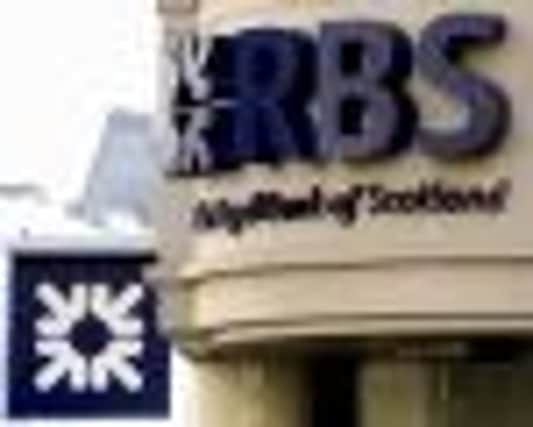Bill Jamieson: Shouting may be over, but a reputation may be lost


But it may also be a landmark move ahead of bonus announcement by other banks in the coming weeks. The grip of the corporate boardrooms on excessive pay awards may at last be loosening.
What renders this sequence of events at RBS all the more galling is its dreary predictability, and that it was all so avoidable.
Advertisement
Hide AdAdvertisement
Hide AdCondemnation of Hester’s bonus rained down from politicians to angry radio phone-in callers. The latest £963,000 share award on top of a £1.2 million salary was like a stick violently jabbed into an already furious wasp’s nest of public opinion. However legally watertight this bonus contract may have been when it was drafted three years ago, it was nothing other than deeply corrosive for the bank and its reputation in current circumstances.
Once RBS chairman Sir Philip Hampton waived his bonus entitlement earlier in the weekend, Hester was left friendless, isolated and exposed. Sir Philip’s decision effectively delivered the coup de grâce, and clearly proved more effective than earnest pleas from the government – the bank’s 83 per cent shareholder.
While Hester has spared the government a political drubbing at Westminster, it may have come too late for his own reputation and credibility. For a bank the size of RBS, and one so dependent on continuing taxpayer support, to be so blind to context is astonishing.
When the detailed calibrations of Hester’s bonus arrangements were crafted more than three years ago it may have had a rationale relative to its time. We are now in a different era. Real incomes have fallen. The economy is broken, unemployment is rising and RBS anything but back to normal.
It should not have been beyond the wit of the board to have been sensitive to context and invoked force majeure on the out-of-control bonus culture.
That this whole controversy could have been foreseen – and avoided – cannot but beg questions about judgment at the top of RBS – Sir Philip excepted.
Rally in bank shares not all it’s cracked up to be
BANK shares have risen strongly since the start of the year, lifting the broader market. So, are the banks now on the mend? They are about as on the mend as a patient on life support given amphetamines.
Shares in UniCredit have surged almost 70 per cent since the first week of January. Others, such as Societe Generale, Intesa Sanpaolo and RBS are all up by about 40 per cent. Bonuses all round?
Advertisement
Hide AdAdvertisement
Hide AdThis rally is a key element of the change of mood in markets compared to the doom-laden months of October and November. But what has brought this change? Are Europe’s banks over the worst?
A key reason for the change is that since late December, the European Central Bank has resorted to liquidity support for Europe’s stricken commercial banks on a scale without precedent. Its Longer Term Refinancing Operation (LTRO) is designed to help the banks meet a colossal mountain of £1.4 trillion of debt refinancing over the next two years, the bulk of this falling due in the first six months of this year. Not only have the banks eagerly grasped this immediate lifeline, but a further extension of this support is scheduled for February.
This support does not in any way address the underlying problem of the banks’ bad debt pile or even provide more transparency as to the scale of write-off required.
What LTRO does is to buy time. It also enables the banks to use this lifeline to buy government bonds, thus easing (for now) the crisis of country solvency.
While this money pumping continues, bank shares – and stock markets generally – should continue to show strength. But this is a dangerous rally to trust. It is critically dependent on evidence that the banks are getting to grips with that hangover of toxic loans, and that governments are restructuring their economies to boost growth.
Without evidence of these, we are swapping one bubble for another – and with consequences to match. Don’t confuse the bank share rally with crisis resolution or underlying improvement.